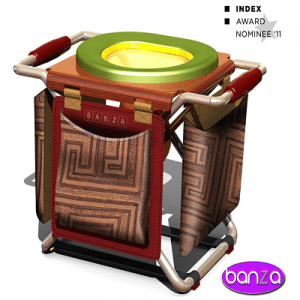
Agriculture
August 8, 2024
Banza Toilet
Read SolutionImplemented by
Patrick Kiruki, Banza Sanitation
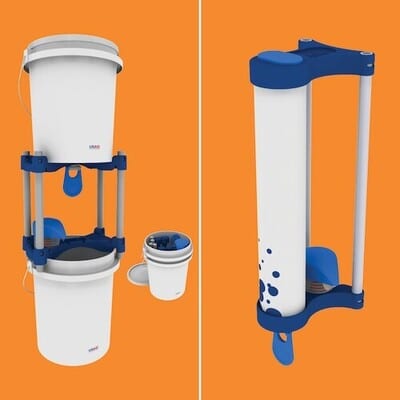
Updated on August 14, 2024
·Created on June 20, 2020
The Povu Poa is a portable handwashing system that utilizes a foaming soap dispenser and a water-efficient tap for use in household and institutional environments that lack access to piped water systems.
The Povu Poa is a handwashing station designed to reduce water and soap consumption while enhancing handwashing hygiene. It is available in two models: a bucket stand and a pipe model. The soap in the Povu Poa is transformed into foam, significantly reducing the amount of soap needed. The design of the Povu Poa is continuously being refined and improved. This innovative solution was developed collaboratively by Innovations for Poverty Action, USAID, Tufts University, and MRS, and it was in its iterative development phase as of August 2020.
Target SDGs
SDG 6: Clean Water and Sanitation
Market Suggested Retail Price
$20.00
Target Users (Target Impact Group)
Household, Community
Distributors / Implementing Organizations
Innovations for Poverty Action
Competitive Landscape
Direct competitors include Envirosan EazyWash 2L Handwashing Unit, TippyTap, and HappyTap.
Countries
Kenya
Manufacturing/Building Method
The Povu Poa is constructed out of local plastic materials by MSR Global Health. Interview with Representative in 2020
Intellectural Property Type
Open-source
User Provision Model
The product is distributed to the end-users by the researchers. The product is not readily available for purchase.
Distributions to Date Status
300 Povu Poa systems have been distributed in Kenya as of 2020.
Material
PVC Piping, Plastic
Activation mechanism
Swing tap, foot pedal
Soap container built-in (yes/no)
Yes
Water volume per use (L)
1/3 L
Design Specifications
The PovuPoa holds water in a storage container (bucket or pipe). The flow rate of the water is controlled by a swing tap that is adjusted by the back of the user's hand. As the user pushes the tap further in one direction, more water will flow out of the tap. The Povu Poa Soap Foamer creates a soap foam by mixing soapy water and air that is powered by a foot pedal. The Povu Poa can be secured to a permanent structure to reduce theft.
Technical Support
Provided by the manufacturer.
Replacement Components
Basic replacement components such as the PVC tubes and buckets can be sourced in local communities.
Lifecycle
5 years Interview with Representative in 2020
Manufacturer Specified Performance Parameters
The Povu Poa was designed to reduce the risk of spreading disease and infection by limiting contact with the water tap. Also, the Povu Poa was designed to reduce the amount of soap used in the handwashing process and potential pay for itself within 2.5 years in cost savings.
Vetted Performance Status
The Povu Poa was tested in 30 schools, 300 communities, and 4 clinics in Kenya by Jaynie Whinnery and team. The results from the study showed that the cost of 100 handwashes was estimated to be $0.10 with the Povu Poa, a $0.35 reduction from average cost estimates. The study also demonstrated a willingness for individuals to purchase the Povu Poa. In addition, the study saw an increase in access to soap in schools and clinics. No third-party testing has been completed.
Safety
No known safety hazards are related to this product.
Complementary Technical Systems
Soap foaming dispenser.
Academic Research and References
This paper outlines the design and implementation process of the Povu Poa.
Whinnery, J., et al., 2016, “Handwashing with a Water-Efficient Tap and Low-Cost Foaming Soap: The Povu Poa “Cool Foam” System in Kenya,” Global Health: Science and Practice 4 (2): 336-341.
This paper focuses on an analysis of behavioral changes associated with the installation of a Povu Poa.
Wichaidit, W., et al., 2019, “Effect of an equipment-behavior change intervention on handwashing behavior among primary school children in Kenya: the Povu Poa school pilot study,” BMC Public Health 19 (1): 647.
Compliance with regulations
None
Evaluation methods
The manufacturer cites improved access to handwashing and behavior changes around hygiene as evaluation criteria.
Other Information

Agriculture
August 8, 2024
Implemented by
Patrick Kiruki, Banza Sanitation
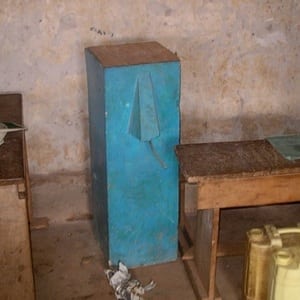
Agriculture
January 10, 2024
Implemented by
Dr. David Manz, University of Calgary
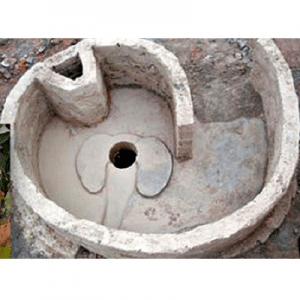
Agriculture
August 13, 2024
Implemented by
The Africa Trust
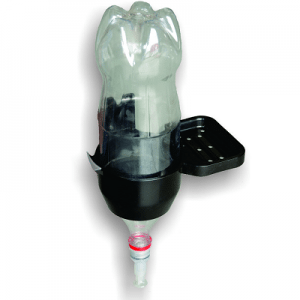
Agriculture
August 14, 2024
Implemented by
Envirosan
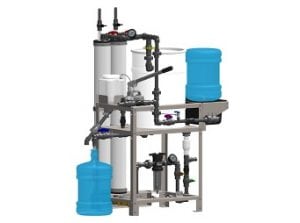
Agriculture
January 8, 2024
Implemented by
Healing Waters International
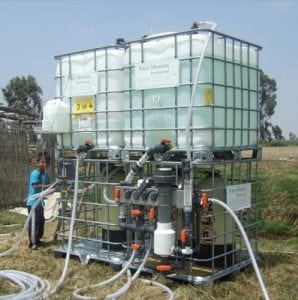
Agriculture
January 16, 2024
Implemented by
George Greene III, PE, PhD

Agriculture
January 3, 2024
Implemented by
Department of Civil and Environmental Engineering, University of Virginia
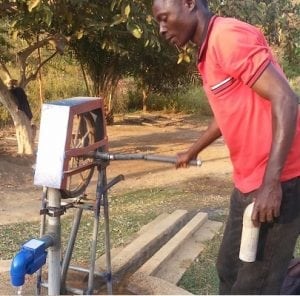
Agriculture
June 24, 2024
Implemented by
WellDone
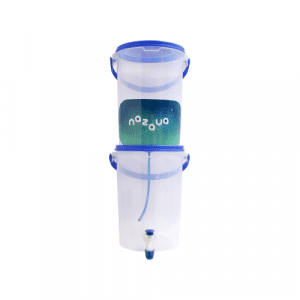
Agriculture
December 7, 2023
Implemented by
Nazava
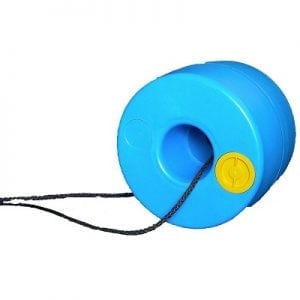
Agriculture
June 23, 2024
Implemented by
Hans Hendrikse and Pieter Hendrisikse (Q Drum)
Have thoughts on how we can improve?
Give Us Feedback